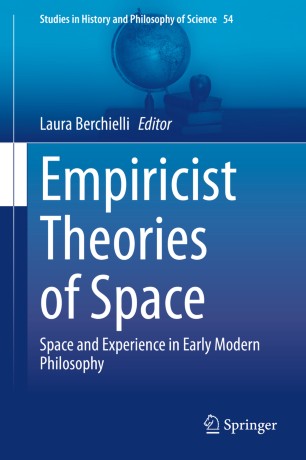

Most ebook files are in PDF format, so you can easily read them using various software such as Foxit Reader or directly on the Google Chrome browser.
Some ebook files are released by publishers in other formats such as .awz, .mobi, .epub, .fb2, etc. You may need to install specific software to read these formats on mobile/PC, such as Calibre.
Please read the tutorial at this link: https://ebookbell.com/faq
We offer FREE conversion to the popular formats you request; however, this may take some time. Therefore, right after payment, please email us, and we will try to provide the service as quickly as possible.
For some exceptional file formats or broken links (if any), please refrain from opening any disputes. Instead, email us first, and we will try to assist within a maximum of 6 hours.
EbookBell Team

0.0
0 reviewsThis book explores the notions of space and extension of major early modern empiricist philosophers, especially Locke, Berkeley, Hume, and Condillac. While space is a central and challenging issue for early modern empiricists, literature on this topic is sparse. This collection shows the diversity and problematic unity of empiricist views of space. Despite their common attention to the content of sensorial experience and to the analytical method, empiricist theories of space vary widely both in the way of approaching the issue and in the result of their investigation. However, by recasting the questions and examining the conceptual shifts, we see the emergence of a programmatic core, common to what the authors discuss. The introductory chapter describes this variety and its common core. The other contributions provide more specific perspectives on the issue of space within the philosophical literature. This book offers a unique overview of the early modern understanding of these issues, of interest to historians of early modern philosophy, historians and philosophers of science, historians of ideas, and all readers who want to expand their knowledge of the empiricist tradition.